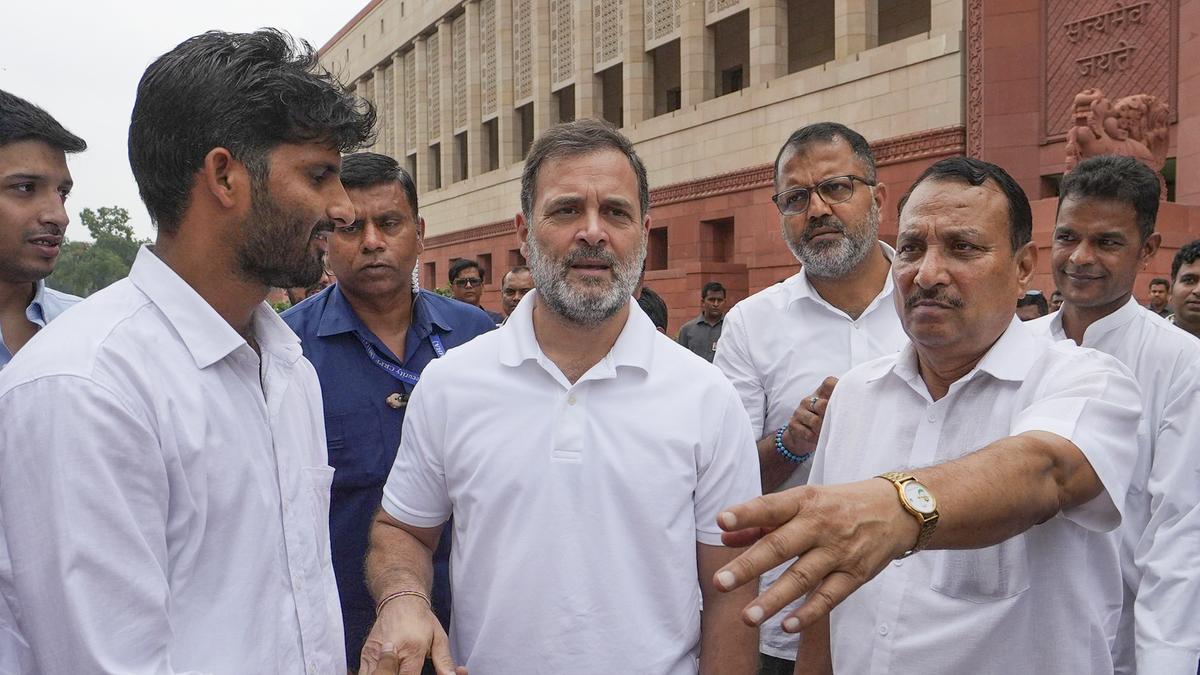The campaign around the reservation issue intensified on Tuesday (October 21, 2025) as the stakeholders formed a 10-member committee to chalk out the future course of action, in the wake of the J&K Cabinet’s report on reservation being submitted to the Raj Bhawan.
Representatives from different associations, open merit and general category representatives, and key stakeholders held a meeting in Srinagar. The meeting was aimed at “inclusive representation and a balanced approach to address concerns surrounding the reservation policy”.
“We have formed a 10-member committee that will hold talks with both the government and the Opposition on issues related to the reservation policy and the recruitment process,” J&K Students Association national spokesperson Dr. Zubair Reshi said.
The Association is galvanising the support and also organized the consultations on Tuesday. The meeting, attended by representatives from various student associations including MBBS, Nursing, and Agriculture graduates, aimed “to deliberate on the critical aspects of the reservation policy and its implications for the region”.
J&K’s fresh reservation policy, revised during the Lieutenant Governor’s rule, has reserved categories at 60% and the open category at 40%. The L-G rule saw an increase in the reservation quota of Scheduled Tribes by 20% by including Paharis and increased the Other Backward Classes quota to 8%.
In the face of protests, the Omar Abdullah government framed a Cabinet Sub-Committee to look into the issue. The Committee has finalised its report and is in the process of submitting to J&K L-G Manoj Sinha for his nod.
The students’ association has urged the government to make the report public “to avoid confusion and apprehensions”.
“The 10-member committee is mandated to review the sub-committee’s report in detail, engage with government authorities, and propose actionable recommendations that align with the aspirations and rights of the students of Jammu and Kashmir,” Dr. Reshi said.
He said the content of the report itself “holds greater significance”. “Students are not seeking confrontation; they are seeking conversation. Allowing such platforms will send a strong message that the government stands for inclusivity, transparency, and participatory governance,” Dr. Reshi said.
The 10-member committee will present its feedback and recommendations following consultations with the government and other stakeholders, the Association said.
Published – October 22, 2025 02:30 am IST

